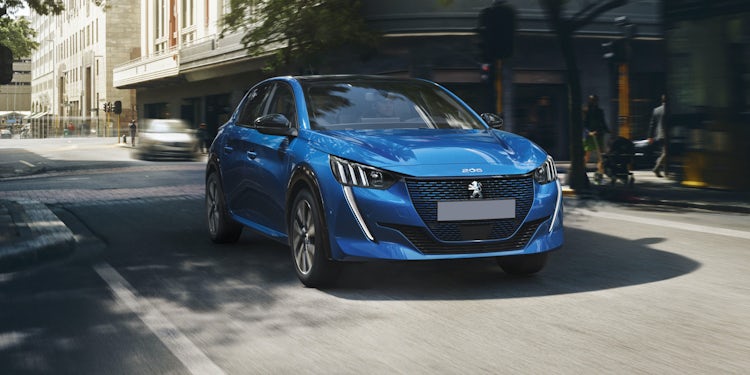Best cars for learner drivers 2026
High quality learner cars from rated and reviewed dealers

Best learner cars of 2026
A car for a learner driver has to be robust enough to cope with the inevitable bumps and knocks, and forgiving of cack-handed control inputs when navigating busy streets or twisting roads. Most of all, though, a good learner driver car should make the driver fall in love with driving. Here’s ten of the best…
1. Dacia Sandero
Dacia Sandero review
The Sandero is so cheap and rugged that you simply won’t mind if you occasionally knock the bumpers against something hard, or put a ding in the door. Basic models have steel wheels, so no worries about kerbing expensive alloys, and the cabin is hard wearing too.
2. Volkswagen Polo
Volkswagen Polo review
The Polo has light and easy controls, and feels reassuringly solid under you when you’re venturing out for those first miles in public. Plain cabin is well made, and with the basic 80hp engine, you’re not going to scare yourself with excess power.
Battery range up to 268 miles
Electric cars are easy to drive — just get in, put your foot down and go — but the e-208 scores highly here because its electric power delivery is a little more measured than most, so you’re less likely to make unfortunate mistakes. It doesn’t hurt that it’s very stylish, too.
Sell your car for what it's really worth
The free, easy way to get 5,500+ dealers all over the UK bidding on your car
Learn how to
sell your car
with Carwow
4. SEAT Ibiza
SEAT Ibiza review
The Ibiza is basically identical to the Polo in mechanical terms, so you get the same rock-like reliability, and the same easy-going steering and gear change. It’s not the most inspiring car to drive, but that’s not the point here, is it?
5. MINI Hatch
MINI 3-Door Hatch review
Comes close to matching the Fiesta for sharpness of steering, and its all-round visibility is excellent, thanks to that upright windscreen and generous windows. There’s a reason that so many driving schools use MINIs, you know…
6. Toyota Yaris Hybrid
Toyota Yaris review
The big advantage in having a Yaris as your learner driver car is that you can’t kill it. Slip the clutch, graunch the gears, thump into kerbs — the Yaris will soak it all up and come back for more.
7. Skoda Fabia
Skoda Fabia review
As with the Ibiza, the Fabia is basically a mechanical copy of the VW Polo, so there’s reassurance there on the reliability front. The cabin is more stylish than either of the other two, if that matters much to a learner. The bigger boot is useful if you need to bring your emotional support dog to the driving test…
8. Kia Rio
Kia Rio review
It’s been around for a while now, the Rio, and is starting to feel a bit old-fashioned compared to Hyundai’s updated i20. Still, it’s mechanically as tough as army boots, it’s easy to see out of, and it's as easy to drive as an arcade game. Plus you’ve got that long Kia warranty.
Battery range up to 222 miles
The Corsa-e is the same under the skin as the Peugeot e-208, so you get the same easy-going electric performance. It’s not a stylish as the Peugeot, which maybe holds it back, but on the upside for a learner driver, it has simpler cabin controls, relying less on its touchscreen.
Advertisement


